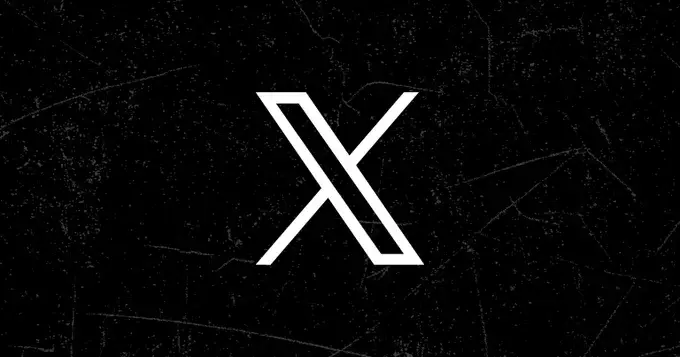The European Commission’s recent evaluation of X, formerly known as Twitter, has stirred a considerable amount of discussion surrounding its implications for the platform and its CEO, Elon Musk. According to reports, the Commission determined that X does not qualify as a “gatekeeper” under the EU Digital Markets Act (DMA). This initiative is designed to enforce stricter regulations on dominant tech platforms, compelling them to create more interoperable ecosystems and grant businesses access to their generated data. Those labeled as “gatekeepers” are expected to facilitate fair competition by ensuring that their significant market power does not stifle smaller players.
This decision unequivocally allows X to escape the added regulatory burden associated with being classified as a gatekeeper. For Musk and his team, this ruling may appear to be a significant victory; however, it reveals much more about X’s status in the competitive landscape, particularly in the European market.
To comprehend the EU’s decision, one must examine what constitutes a gatekeeper. The criteria include having a substantial impact on the internal market, acting as a crucial intermediary for businesses to reach consumers, and upholding a stable market position. Upon investigation, the EU determined that X does not meet these benchmarks, suggesting that it currently lacks the necessary influence to warrant such stringent regulations.
With 105 million monthly active users in Europe—a figure that has reportedly dwindled by 12 million since August 2023—X’s diminishing relevance is manifest. When juxtaposed with its rivals, such as Meta’s 250 million and TikTok’s 142 million active users in the EU, this decline becomes even more pronounced. Meanwhile, these competitors not only command a larger user base but also enjoy greater advertisement market share and cultural significance. Therefore, the conclusion that X is not a key player in the European market logically follows from its declining trajectory.
On the surface, many ardent supporters of Musk might view this ruling as a testament to the merits of innovation and a triumph over regulatory encumbrance. The rhetoric surrounding “overreaching bureaucracy” and claims of a stifled platform resonate with some audiences. However, this framing is challenged by the underlying reality: X’s exemption from DMA scrutiny stems from its less significant position in the market rather than an actual celebration of innovation.
This moment could be seen as a failure to capitalize on the potential that might have grown from stronger oversight. Amidst the criticisms of the tech sector’s consolidation of power, X’s inability to meet the gatekeeper designation creates questions about Musk’s strategy and management of the platform. Instead of feeling vindicated in reclaiming a sense of autonomy from regulatory frameworks, one has to ponder whether a more proactive approach to enhance the platform’s significance could have delivered better outcomes.
Looking forward, the question remains: what trajectory will X take now that it is free from additional EU regulatory burdens? Freed from the constraints imposed by the DMA, Musk now faces the challenge of revitalizing the platform to attract and retain users. As X navigates an increasingly competitive digital landscape, it becomes essential to forge innovative offerings and create a compelling value proposition to regain ground against the giants like Meta and TikTok.
Another critical aspect that merit discussions is user trust and content moderation. While the market may temporarily favor less regulation, the user base is increasingly discerning about what platforms to dedicate their time to and, more importantly, trust. Musk’s strategies will need to focus not only on enhancing user engagement but also on promoting accountability, ethical practices, and a healthier online environment.
While the ruling on X may offer temporary relief from regulatory oversight, it also exposes the platform’s deeper issues of relevance and impact within the tech ecosystem. Through the optimistic lens cast by Musk’s supporters, they may interpret the ruling as a win for free speech and innovation. However, the lack of a gatekeeper designation paints a more sobering picture of X’s standing within the market, raising important questions about its future direction and the broader implications for its leadership. The distinct dichotomy between perception and reality does not merely reflect on the platform but raises broader debates about market dynamics, competition, and the evolution of social media in Europe and beyond.


Leave a Reply